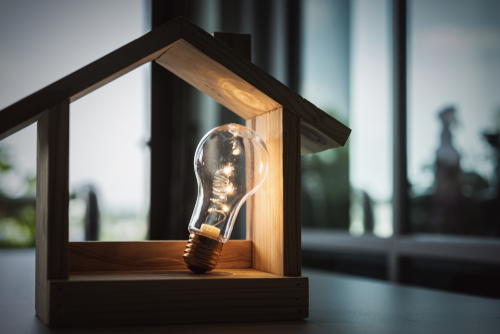 Nowadays, many people use the terms renewable energy, green energy, and clean energy interchangeably, but that’s not actually correct, and can cause a lot of confusion for folks who are trying to learn about their options for fuel sources—and the respective impact they can have on our environment.
Nowadays, many people use the terms renewable energy, green energy, and clean energy interchangeably, but that’s not actually correct, and can cause a lot of confusion for folks who are trying to learn about their options for fuel sources—and the respective impact they can have on our environment.
It is understandable that sometimes people get these terms mixed up, since there is a lot of overlap. Below, we will explain some of the distinctions, so that you are better able to evaluate what type of energy best meets your personal needs, requirements, or choices.
Renewable energy sources replenish themselves over time, naturally. Wind and solar power, for example, are renewable energy sources because no matter how much power you use, there will theoretically always be more available. Ideally, renewable energy sources may also be green and clean energy, meaning that their use doesn’t harm the environment or emit pollution. This isn’t always the case, though. Sustainable forests are one example of a renewable energy source that isn’t green or clean, since the act of burning large quantities of wood can conversely emit lots of CO2.
Green energy, on the other hand, is usually renewable, since it comes from natural sources, like water, wind, and the sun. These types of energy sources have the least amount of impact on the environment. This is one category with a boundary that is a fine line, though.
Most green energy is considered clean, and vice versa, but this isn’t exclusively the case. For instance, hydropower, which uses water, is considered a clean, renewable energy since it is recyclable, and it does not emit greenhouse gases. But it’s not necessarily considered a source of green energy, since depending on where a water plant is placed and how it generates its force, it could have a significant impact on marine life and the local watershed.
Likewise, nuclear energy is often considered to be so-called “clean” energy, since it does not emit greenhouse gases. However, nuclear energy can have a negative impact on the environment; in fact, it can be highly problematic as historical instances have shown.
Sustainability is often used interchangeably with renewable energy, but as we’ve learned, small distinctions in terminology can make all the difference. Renewability is a component of sustainability, but for an energy to be considered sustainable, it also needs to be both reliable and resilient.
If you use electricity, our full array of available plan options is 100% green! This means all your electric usage will be offset by carbon-neutral, wind or hydroelectric sources. Reach out to Discount Power to learn more about how we can meet your power needs—all while saving you money and protecting the environment, too.
Discount Power operates with utilities in Connecticut, Delaware, Maryland, Massachusetts, New Jersey, Ohio, Pennsylvania, and Rhode Island, servicing both residential and commercial customers. Be a part of the solution. Sign up for a Green Plan from Discount Power and know that your energy source is clean and green!